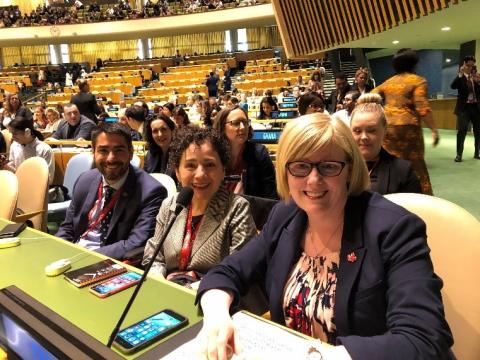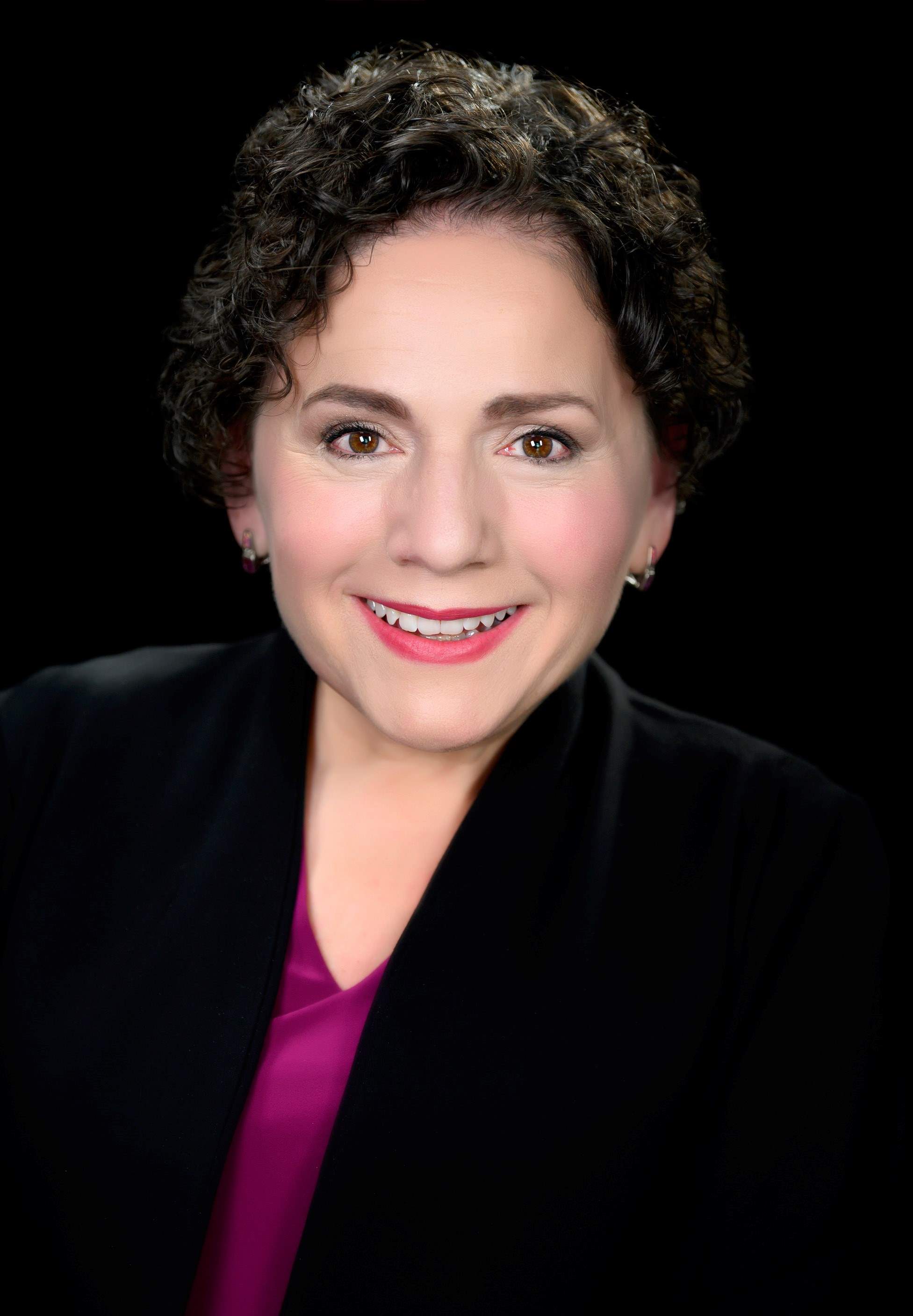
I recently had the pleasure of being part of the Canadian delegation, led by the Honourable Carla Qualtrough, at the United Nations Conference of States Parties to the Convention on the Rights of Persons with Disabilities (UN CoSP) in New York City.
It’s always an honour to represent Canada at the United Nations. Bill C-81, the Accessible Canada Act, recently received royal assent, and a new accessibility strategy for the federal public service was launched several weeks ago, which gave this year’s UN CoSP greater significance.
Since 2008, the UN CoSP has taken place on an annual basis, and follows decades of work by the UN to change attitudes and approaches to people with disabilities. The conference is a human rights instrument reaffirming that all persons with all types of disabilities must enjoy all human rights and fundamental freedoms, and these meetings are an opportunity to identify areas where improvements can be made.
The conference last week was focused on ensuring the inclusion of persons with disabilities in a changing world, and featured three round-table discussions with sub-themes of technology, social inclusion, and general awareness raising.
It was a wonderful opportunity to meet government and civil society colleagues working to advance accessibility and inclusion around the world. There were hundreds of participants from over 160 countries, discussing best practices, sharing success stories and finding ways to overcome challenges to become more accessible and inclusive.
As I said, the timing couldn’t have been better to be sharing the work the Government of Canada has done, and continues to do, to remove barriers to accessibility for people with disabilities. For me, there were a number of highlights:
- Canada hosted a multilateral meeting with delegations from 15 countries around the world interested in making their public service more accessible. We established an informal network to stay connected and share information and best practices on how to tackle the challenges we face.
- I had the opportunity to hear from some amazing non-governmental organizations, such as the Council of Canadians with Disabilities and the DisAbled Women’s Network, pushing for the implementation of the Convention, and I was particularly interested in their work on removing barriers to employment through intersectionality.
- I had a glimpse of the future through several side events on new technological breakthroughs that could improve the lives of persons with disabilities. It was good to see the nuanced perspectives proposed, suggesting how we should be careful about leaving no one behind across a digital divide.
- Finally, I was blown away by the amazing young women who were part of the Canadian Delegation, including an Associate DM from the Government of Nova Scotia, youth delegates with disabilities, and officials from TBS and ESDC’s office of disability issues. They represented Canada at its very best. So inspired. They represent our future.
I welcome your questions and feedback on our efforts, and encourage you to email us at: Accessibility.Accessibilite@tbs-sct.gc.ca.




Add new comment